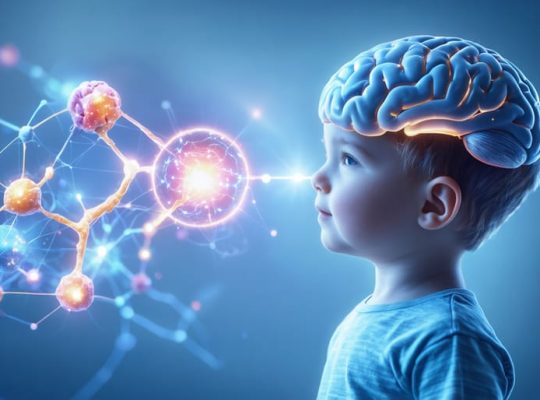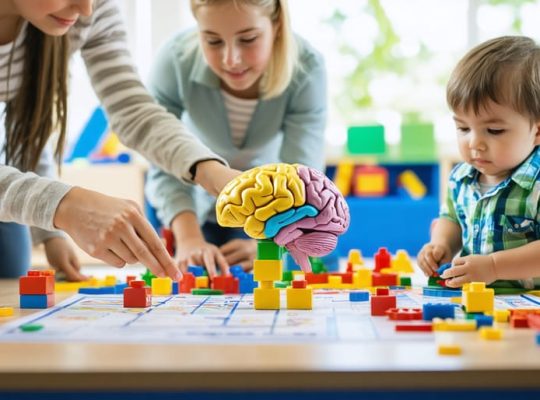Help Your Child Stay Calm in the Digital World: Simple Stress Management Techniques That Work
In today’s digital age, managing stress has become increasingly crucial for our children’s wellbeing. As research reveals the significant impact of technology on mental health, parents need practical, evidence-based strategies to help their children navigate these challenges. By implementing simple yet effective techniques, we can create a supportive environment that promotes emotional resilience and healthy technology habits.
Consider your child’s daily screen time as an opportunity to …










